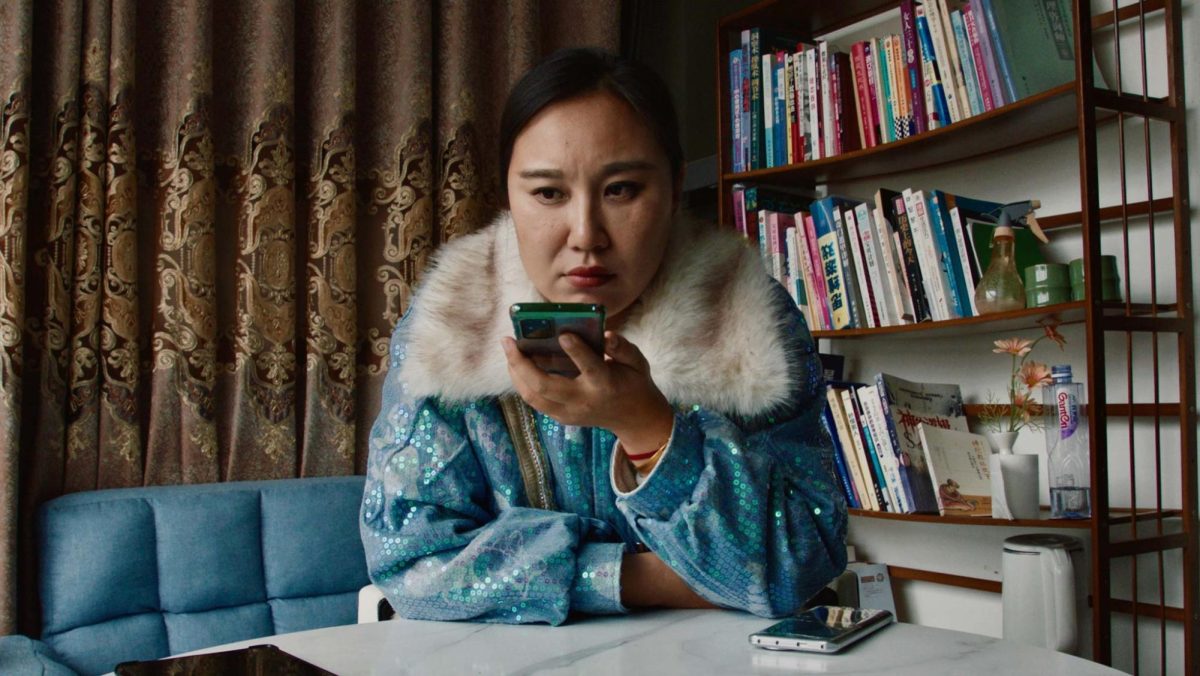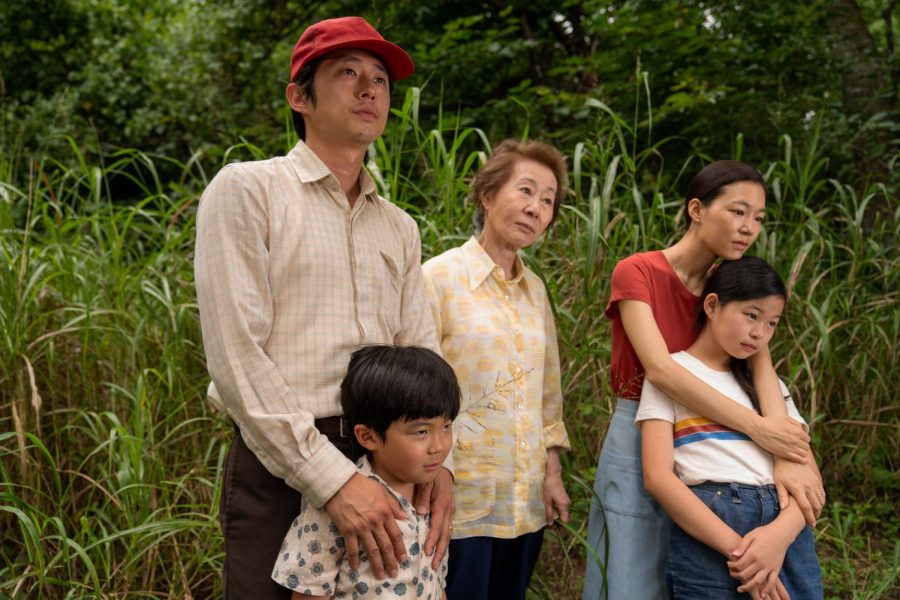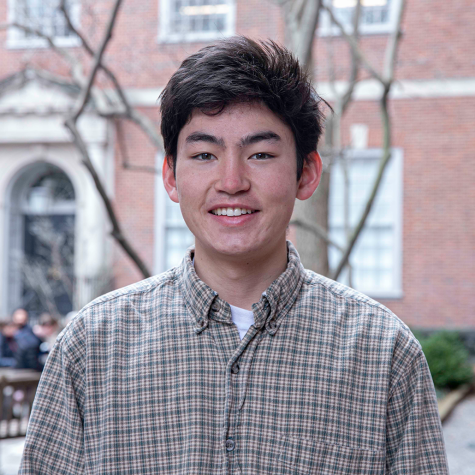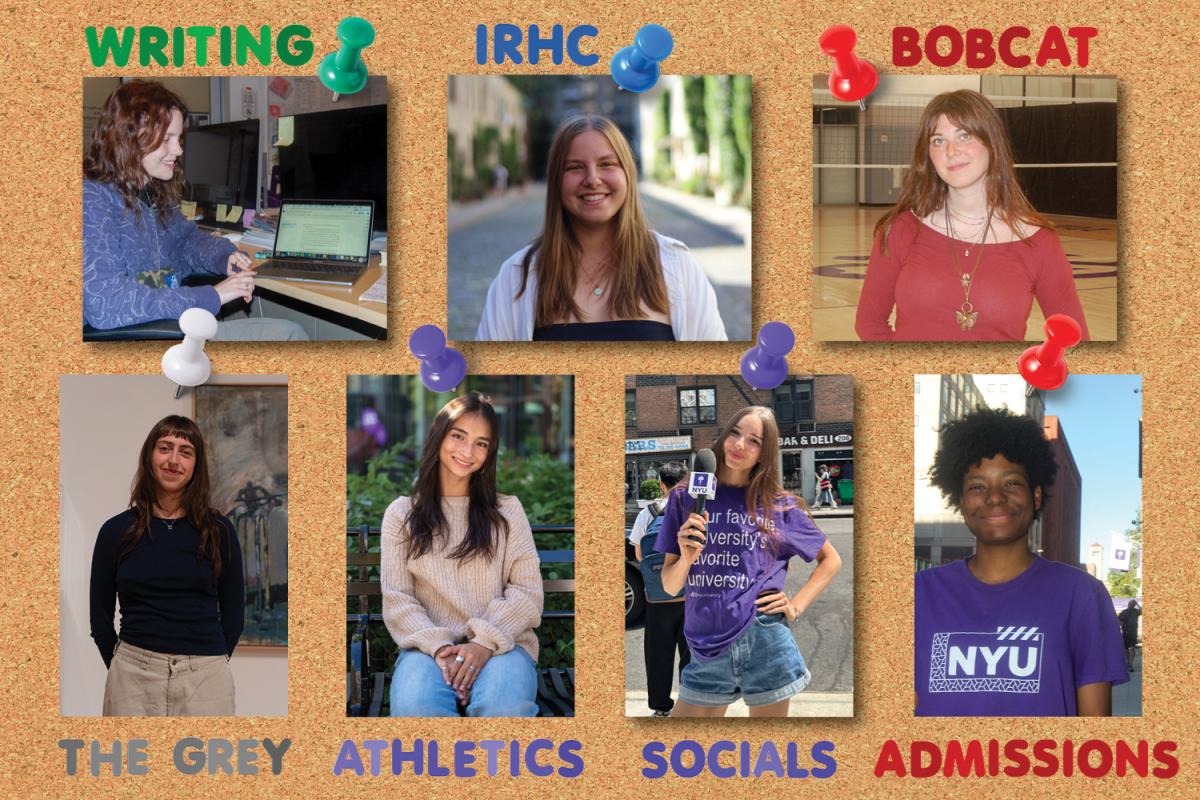‘Minari’ and the roots of the Asian American experience
Despite its cultural specificity, Lee Isaac Chung’s story of family and dreams is a film for all of us.
“Minari” is an Oscar-nominated semi-autobiographical American drama film written and directed by Lee Isaac Chung. It follows a family of South Korean immigrants as they try to navigate their way in the 1980s rural United States. (Courtesy of A24)
April 26, 2021
My life changed the day I, a scrawny, Asian-American 11-year-old, watched Korean American actor Steven Yeun fall in love with Lauren Cohan, a white woman, on AMC’s “The Walking Dead.” As they grew close and, in an upside-down world, found life in one another, I was overcome with a peculiar sense of hope. It was the first time I saw an Asian man kiss a girl on television — spare for my parents’ occasional pecks, it was the first time I had seen it anywhere.
I was not transformed by the loveliness of their relationship, nor by its sexual implications (again, I was 11 at the time). In fact, I remember being confused by the scenes in which they took their shirts off and, to my puzzlement, rolled around on the floor. It was the seeming normalcy of their relationship — one between an Asian man and a white woman — that struck me. In the show’s depiction of America, albeit a post-apocalyptic, zombie-infested America, Yeun seemed to belong. He was something of a leader within his community; he protected his loved ones; he fought to improve his country — his home. Yeun was not white. But he was American in every sense of the word.
As the son of a Korean father and an Irish mother, both of whom were born outside of the United States, it is rare to truly see myself in a character I observe onscreen. I seek to explain how I see my identity: narrow, and a little ill-defined. From Asian Americans, and multiracial people at large, there is a big difference between watching somebody who looks like you and watching somebody who shares your experience.
When A24 announced their production of Lee Isaac Chung’s “Minari” in early 2019, the sense of hope that I felt at 11 resurfaced. Of course, I was thrilled that Steven Yeun would, once again, portray an Asian American man in front of a massive audience. But I was far more excited by what the story offered me: that rare chance to see my experience depicted on the big screen.
“Minari” finds the Yi family arriving at a new place in life: specifically, a big green field in rural Arkansas. Parents Jacob (Steven Yeun) and Monica (Han Ye-ri) have left California in search of, you guessed it, a better life. Already uneasy about leaving their old life behind, Monica is shocked at the sight of their new mobile home — a good tradeoff, in Jacob’s eyes, for the plot of land on which it rests. To the chagrin of Monica, he’s determined to use what little money they have to grow Korean produce.
Despite his American-dream ambitions, Jacob is an altruist at heart. His business plan seems both profitable and openhanded: every year, tens of thousands of Koreans arrive in America in search of better lives. He wants to provide his fellow Koreans with something to remind them of home. From seeing Jacob’s master plan, I was reminded of my own grandfather — a Methodist minister who, hoping to touch the life of his family as well as his fellow immigrants, uprooted his family to start a Korean church. He planted it in Georgia, surely somewhere that Jacob’s fruits and vegetables would have been sold.
The Yi children, David (Alan Kim) and Anne (Noel Cho), are less upset by the move than their parents’ constant quarreling over it. Their new home is more fascinating to them than anything — a house on wheels! But their adventure comes to an abrupt halt when, hoping to appease his wife, Jacob offers to move Monica’s mother into the house.
Soonja, played by legendary, Korean actress Youn Yuh-jung, who won Best Supporting Actress at last night’s Oscars, is the character in “Minari” that I could relate to the most. I grew up with parents that spoke perfect English, whose sensibilities were primarily more American than Korean. My grandmother has always been a vastly different source of Eastern discipline from my parents who, even as I exit adolescence, whips me into shape. One’s halmoni (Korean for grandmother), for many first generation Asian Americans like myself, is the great enforcer of Korean heritage that provides balance to our Western influences.
Youn Yuh-jung tenderly and hilariously demonstrates the difference between a grandmother and a halmoni. David, longing for a grandmother like those he sees on TV, sees her more as a nuisance than the soft, caring, cookie-baking grandmother he expected. She curses, beats him at his own card games, watches TV too loud and talks to herself.
The dramatic elements of “Minari” make it a powerful film. The tension between Jacob’s dreams and Monica’s pragmatic worries, between Soonja’s discreet wisdom and the childrens’ rejection of it — these elements of plot and story make for a gripping and engaging movie. But “Minari” finds its greatest strengths in its sincerity. It reads like an immigrant tale, but the Yi family never crosses any borders — their struggles are entirely American. The trials and tribulations of their journey are not unique to them. But the moments of authenticity that come as byproducts of this shared experience are. Like the film’s namesake of a Korean plant, the Yi family grows under great distress. The ways in which the convention of the American dream collides with the family’s Korean roots makes “Minari” truly special.
And everybody — even those of us without Asian roots — seems to agree. The film is up for six Academy Awards this weekend, most notably making Steven Yeun the first Asian American to be nominated in the lead actor category. It’s evidence that we’ve come to acknowledge a dichotomy that, in my opinion, defines the cause for Asian American cinema: the line between our actual experience as people living in America, and our perceived experience as people who simply look Asian.
I remember how this distinction became excruciatingly clear on the night of last year’s Academy Awards ceremony. As Bong Joon-Ho accepted award after award for his sensational film “Parasite,” I received texts from friends that read as oddly congratulatory. “Those are your people! You guys are doing it! This is gonna be huge!”
Nothing has made me prouder of my Korean blood than “Parasite” and its incredible success. I was overjoyed that it won. But I didn’t feel like I qualified for my friends’ congratulations. Bong’s is a story of the Korean experience, set halfway around the globe from my home. I love the film with all my heart. But I was born in America — and, contrary to my friends’ innocent belief, only a fraction of who I am was represented that night.
With Youn Yuh-jung winning Best Supporting Actress last night, I can take comfort in the fact that the Oscars will be moving in a different direction.
A version of this article appeared in the Monday, Apr. 26, 2021, e-print edition. Email JP Pak at [email protected].































































































































































